How Ecotourism is Driving Ecosystem Restoration in 2024
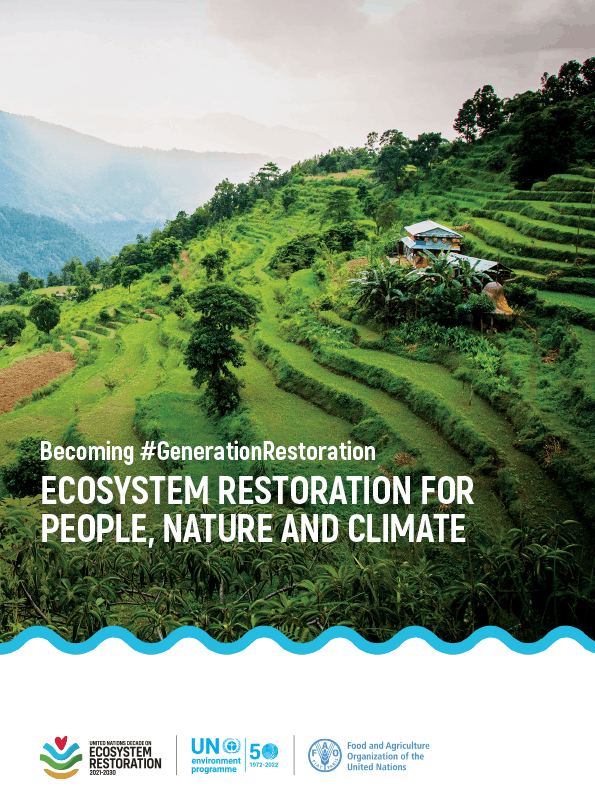
Ecotourism has long held the promise of being a force for good in the world, a way to experience the beauty of nature while contributing to its preservation. In 2024, this promise is evolving into something even more profound: a driving force behind large-scale ecosystem restoration projects, proving that responsible travel can actively heal our planet.
From Observation to Participation: A Shift in Ecotourism
Traditionally, ecotourism focused on minimizing the negative impacts of travel on natural environments. While this remains crucial, the focus is shifting from passive observation to active participation in restoration efforts. Travelers are no longer content with just observing wildlife; they want to help rebuild habitats, reintroduce native species, and contribute directly to the revitalization of degraded ecosystems. This transition is evident in the rising popularity of "rewilding travel."
Rewilding Travel: A Growing Trend with Tangible Results
Rewilding travel goes beyond traditional ecotourism by actively contributing to the restoration of natural processes and wilderness areas. Examples of this dynamic approach are emerging worldwide:
- Restoring the Danube Delta: In Romania, travelers are participating in initiatives to remove invasive species and restore wetlands within the Danube Delta, a UNESCO World Heritage Site. These efforts directly benefit local biodiversity and contribute to the delta's resilience against climate change.
- Reforestation in Costa Rica: Ecotourism in Costa Rica has long been celebrated, but now, initiatives like the Pacuare River Lodge are taking it a step further. Visitors can participate in tree-planting programs that directly contribute to reforestation efforts in areas previously damaged by deforestation. The lodge also collaborates with local communities, ensuring that economic benefits from tourism contribute to long-term conservation efforts.
- Reintroducing Bison in the American West: In the United States, organizations like the American Prairie Reserve are working to create a vast, ecologically functioning prairie ecosystem. Tourists can participate in guided tours that contribute to the reintroduction and monitoring of bison, a keystone species whose presence revitalizes the entire prairie ecosystem.
The Impact: Beyond Environmental Benefits
The impact of rewilding travel extends beyond the environment. By actively engaging in conservation efforts, tourists gain a deeper understanding and appreciation for the complexities of ecosystems. This fosters a more profound connection with nature and can inspire long-term behavioral changes that extend beyond the travel experience.
Furthermore, rewilding tourism creates economic opportunities for local communities, empowering them to become stewards of their own natural resources. This shift from extractive industries to conservation-based economies is crucial for the long-term success of rewilding initiatives.
The Data Speaks: Growing Demand and Investment
The growing interest in rewilding travel is reflected in recent data:
- A 2023 study by the World Travel & Tourism Council (WTTC) reported that 70% of travelers are actively seeking sustainable travel options, with a significant portion expressing interest in participating in conservation activities.
- Google Trends data indicates a consistent upward trend in searches related to "rewilding travel," "eco-restoration tourism," and similar terms over the past three years.
- Investment in rewilding initiatives is also on the rise. In 2024, the European Union pledged €1 billion towards large-scale rewilding projects, many of which incorporate ecotourism as a key component.
Moving Forward: Challenges and Opportunities
While the growth of rewilding travel is encouraging, challenges remain. Ensuring that such initiatives are truly sustainable and avoid negative impacts on local communities and ecosystems requires careful planning, community engagement, and ongoing monitoring.
The Path Forward: Ethical and Sustainable Rewilding
The future of rewilding travel hinges on a commitment to ethical and sustainable practices. Collaboration between tourism operators, conservation organizations, and local communities is essential to ensure that rewilding efforts benefit both nature and people.
As we move further into the 21st century, the desire to reconnect with nature and contribute to its restoration is only likely to grow. By embracing rewilding travel, we can transform tourism from a passive observer to an active participant in healing the planet, creating a future where both people and nature thrive.

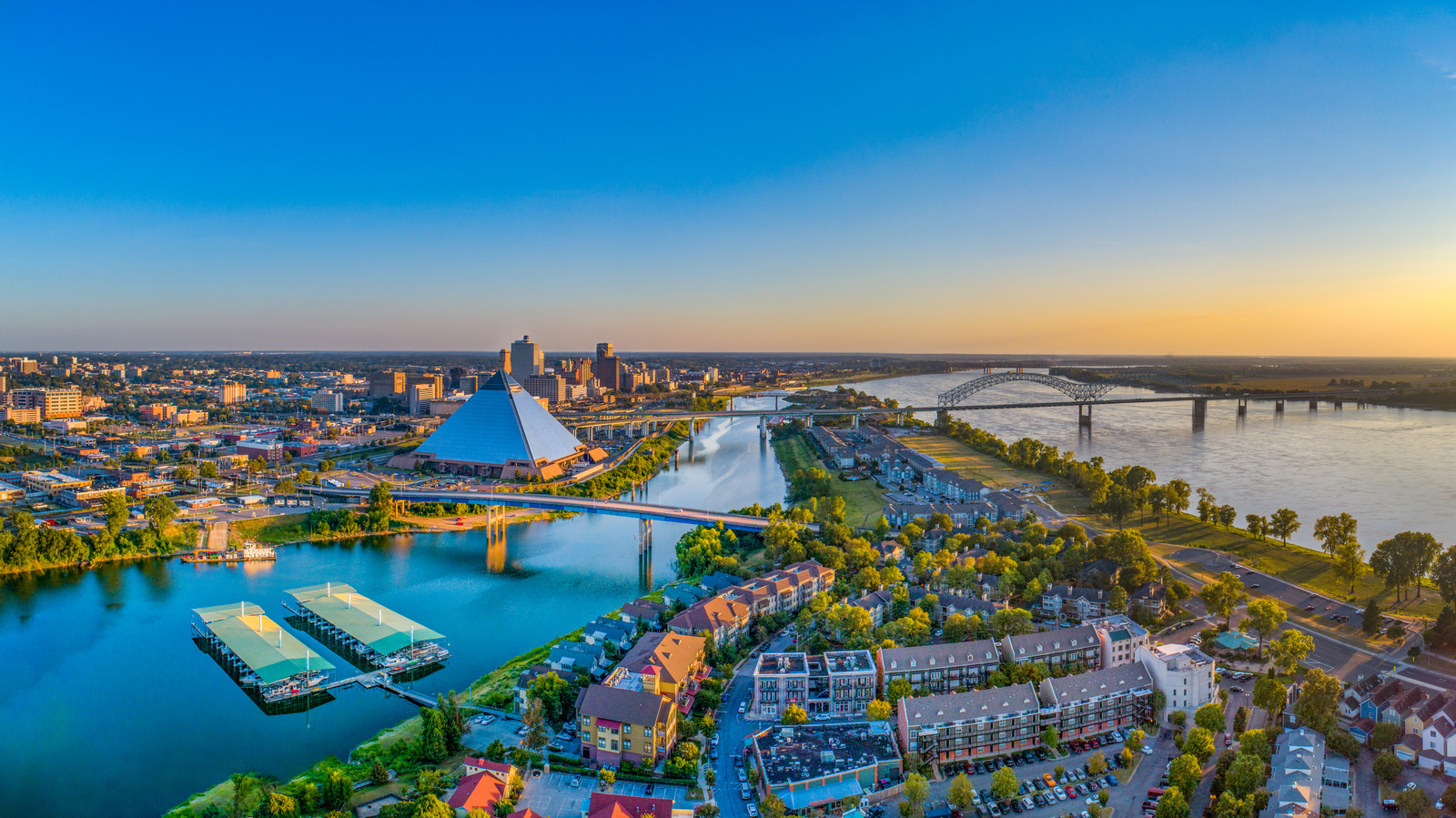
.jpg)

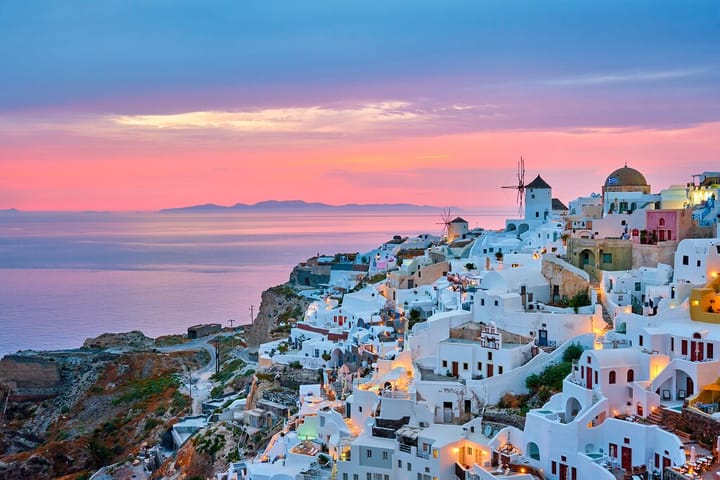
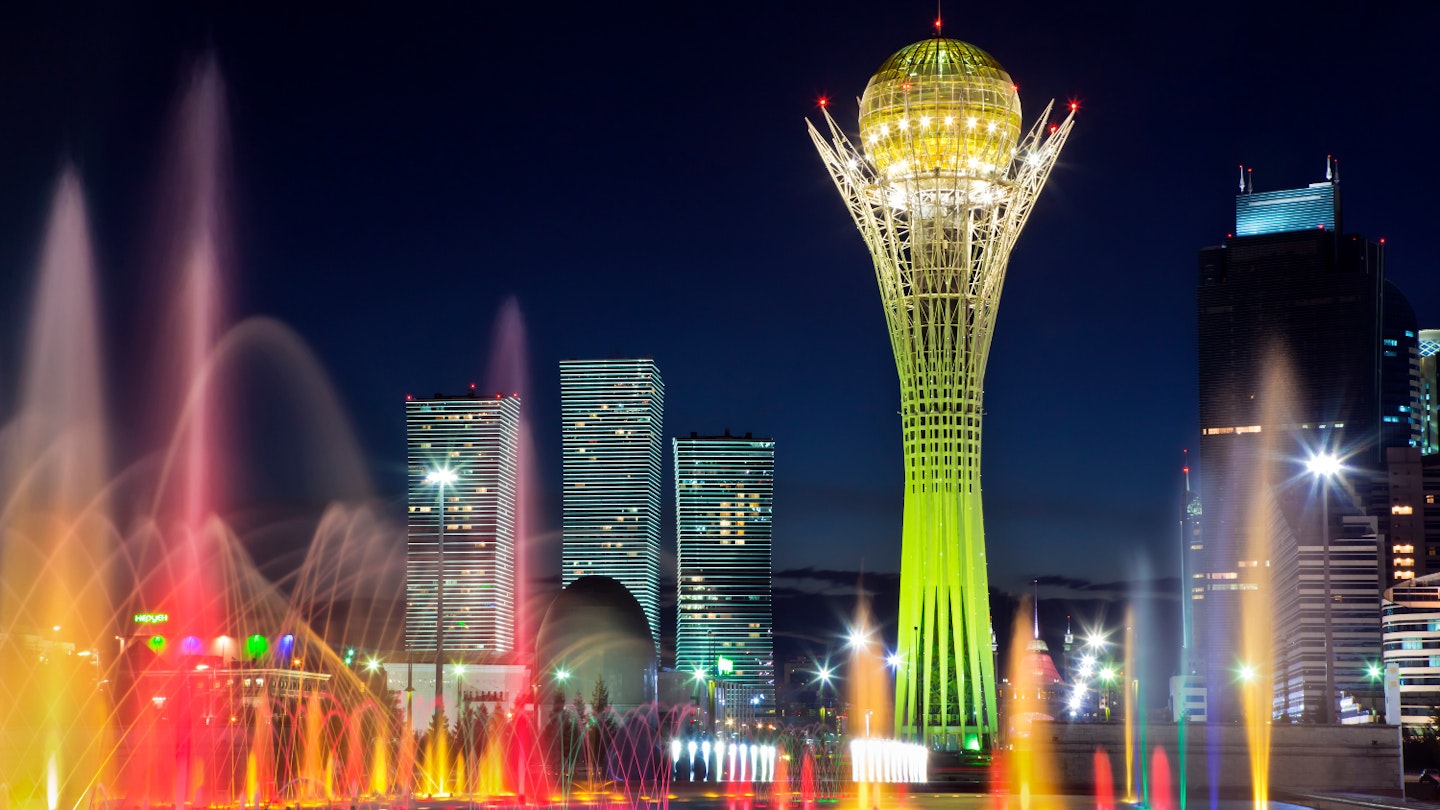
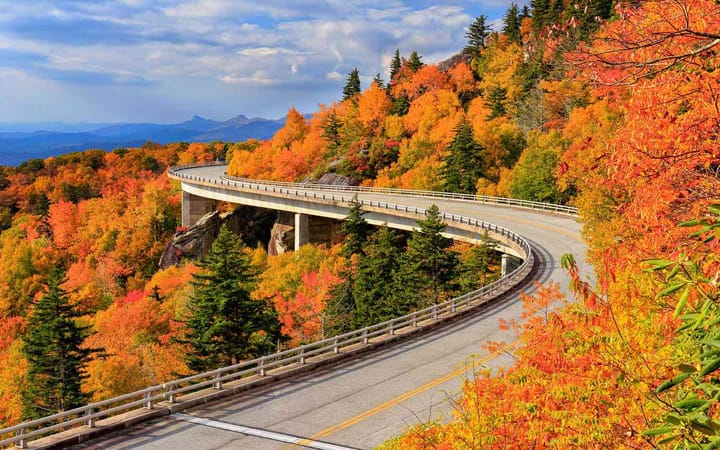










Comments ()